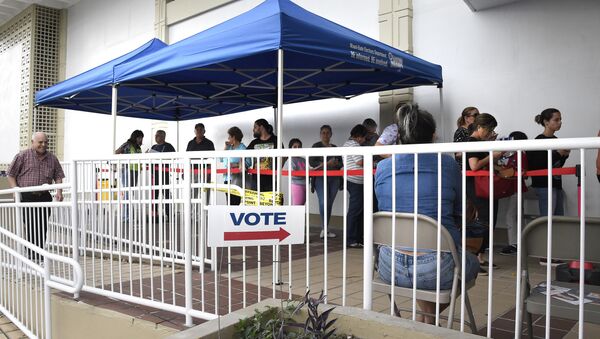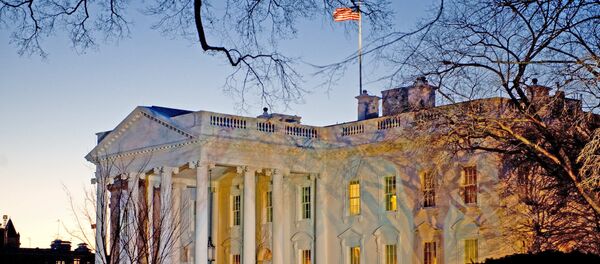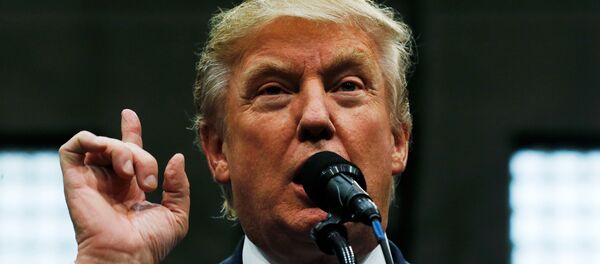The United States, invested in creating an image of democracy, suffers from several obstacles in the way of the election process that are powerful enough to question the democratic nature of the US voting system.
The Electoral College, which has survived for over 200 years with little change, has been discussed on Radio Sputnik's Loud & Clear recently. Producer Walter Smoralek also contributed an extensive article explaining the ins and outs of the system. Drew Penrose, legal director at the election reform advocacy organization FairVote, notes that the Electoral College is particularly flawed because electors tend to give their votes unanimously to the candidate who wins the most votes in the state, rather than basing their vote on a corresponding district's preference.
"It's a ‘winner takes it all' system," Penrose told Loud & Clear host Brian Becker.
This problem could ostensibly be solved by commanding electors to cast votes according to corresponding district preferences. This is where "gerrymandering," our second major obstacle, hides.
Gerrymandering is the practice of manipulating electoral district boundaries, so that the majority of voters in a district elect a desired candidate. This is a widespread practice, sometimes used to balance inequalities in the country's demographics, but in the US it can take some truly bizarre forms. Both parties are known to have used this tool to their own advantage at times.
One possible solution could be to eliminate the college entirely. On November 7th, Bob Schlehuber, producer of Radio Sputnik's By Any Means Necessary, assisted by Eugene Puryear, asked people on the street for their opinion on the Electoral College, recording an almost unanimous response from respondents that the practice is obsolete, and that a simple popular vote would much more accurately represent the will of the people.
This technique is known to be resistant to manipulation, yet, as with all systems, there are ways to violate it, too. Ranked voting was in use in New York City during the first half of 20th century, and allowed members of third parties, including communist and socialist parties, to be represented in city government.
Though no clear mandate for replacing the Electoral College currently exists, most agree it is time to retire the outdated electoral method. Will it's removal make US voting democratic? As with much of American culture, follow the money to find the answer.







